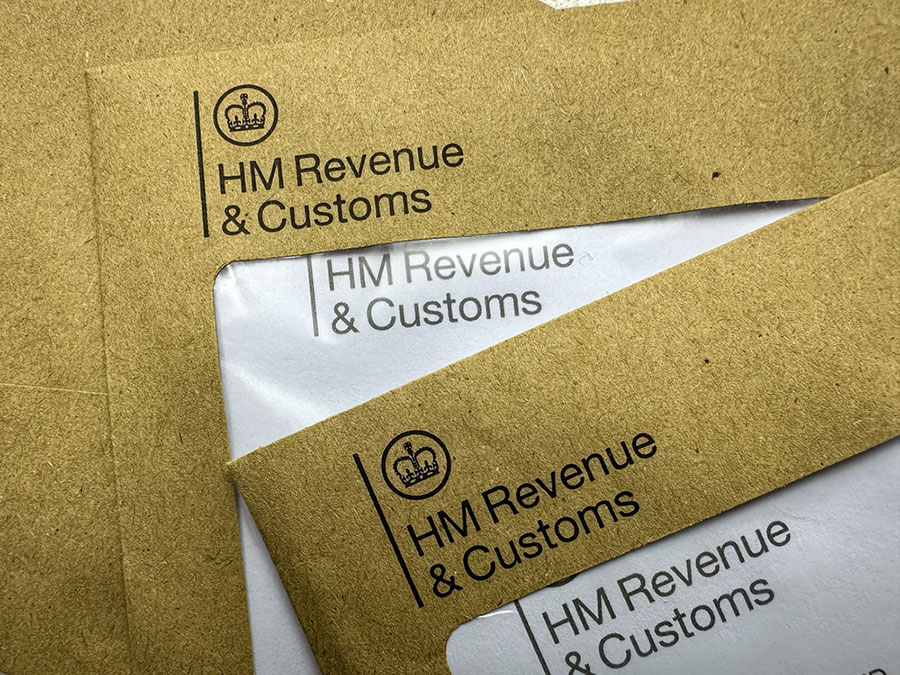
A short guide from your local accountants
Running a business has its fair share of surprises, getting a letter from HMRC saying you're under enquiry is one most people could do without.
As a veteran accountancy practice, we've supported many clients through HMRC enquiries, and with the right support, they're often more manageable than you'd think. In this post, we'll walk through what an enquiry involves, why they happen, and how having the right accountants by your side from the start can make all the difference.
Why might HMRC open an enquiry?
When HMRC launches an enquiry (sometimes called an investigation, an intervention or a compliance check) it doesn't always mean something's wrong. Sometimes they're just ticking boxes. Usually, enquiries are triggered by:
- Discrepancies in tax returns (e.g. income not matching other records)
- Large or unusual fluctuations in income or expenses
- Late or missing returns
- Tips from the public or other organisations#
- Industry-specific checks (e.g. cash-heavy trades like construction or hospitality)
Some checks are purely routine. Even businesses that follow the rules can be randomly selected.
What are the types of HMRC enquiries?
HMRC can usually only open an enquiry after a tax return has been submitted. In most cases, if the return was filed on time and hasn't been amended, they have up to 12 months from the date of submission to start an enquiry. There are a few types of enquiries:
- Full enquiry: HMRC reviews the whole tax return. They'll look closely at your accounts, records, and sometimes even personal finances if you're a sole trader or director.
- Aspect enquiry: They focus on one area, like travel expenses or VAT treatment, if they think something seems off.
- Random check: Occasionally, businesses are selected at random as part of wider compliance efforts.
What can HMRC ask for?
When you receive notice of an enquiry, you can expect HMRC to request:
- Bank statements (business and sometimes personal)
- Sales and purchase invoices
- Payroll records
- VAT returns and CIS information
- Detailed explanations of specific figures
In some cases, they might ask to meet you or visit your business premises.
How long do enquiries tend to last?
It really depends. A straightforward query might be done in a few weeks. More detailed checks can last several months.
Should an enquiry ever arise, we make sure everything HMRC needs is presented clearly, timely and professionally, which can help to avoid delays.
What are the possible outcomes?
After reviewing your evidence and information, HMRC may:
- Take no further action: HMRC is satisfied everything is in order
- Adjustment: HMRC may make an adjustment to your return
- Charge penalties: If errors are found (especially if HMRC believes they were deliberate), penalties and interest may apply.
Best practice: disclosing errors early, can help HMRC to be more lenient. We'll be there to help with negotiations.
How we help you
At Elite Financial Accounting, we can act as your representative to HMRC, so you don't have to face it alone. Because we know your business inside out, we're well-positioned to support you through every stage. During an enquiry, we can:
- Deal with HMRC on your behalf
- Draft and send responses
- Gather and review documents
- Explain technical points clearly
- Negotiate outcomes where needed
- Access specialist input for niche or technical matters
We also offer fee protection insurance, which covers the professional costs involved in dealing with an enquiry, feel free to ask if you're not sure if you're covered.
Get in touch
Whether HMRC is questioning a single figure or carrying out a full review, we'll make sure you're ready and supported throughout. Get in touch today for peace of mind and expert guidance.
Helpful links
HMRC enquiry manual